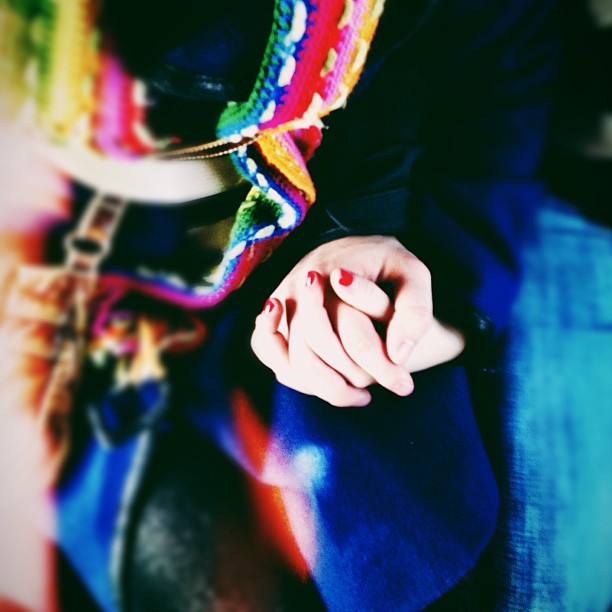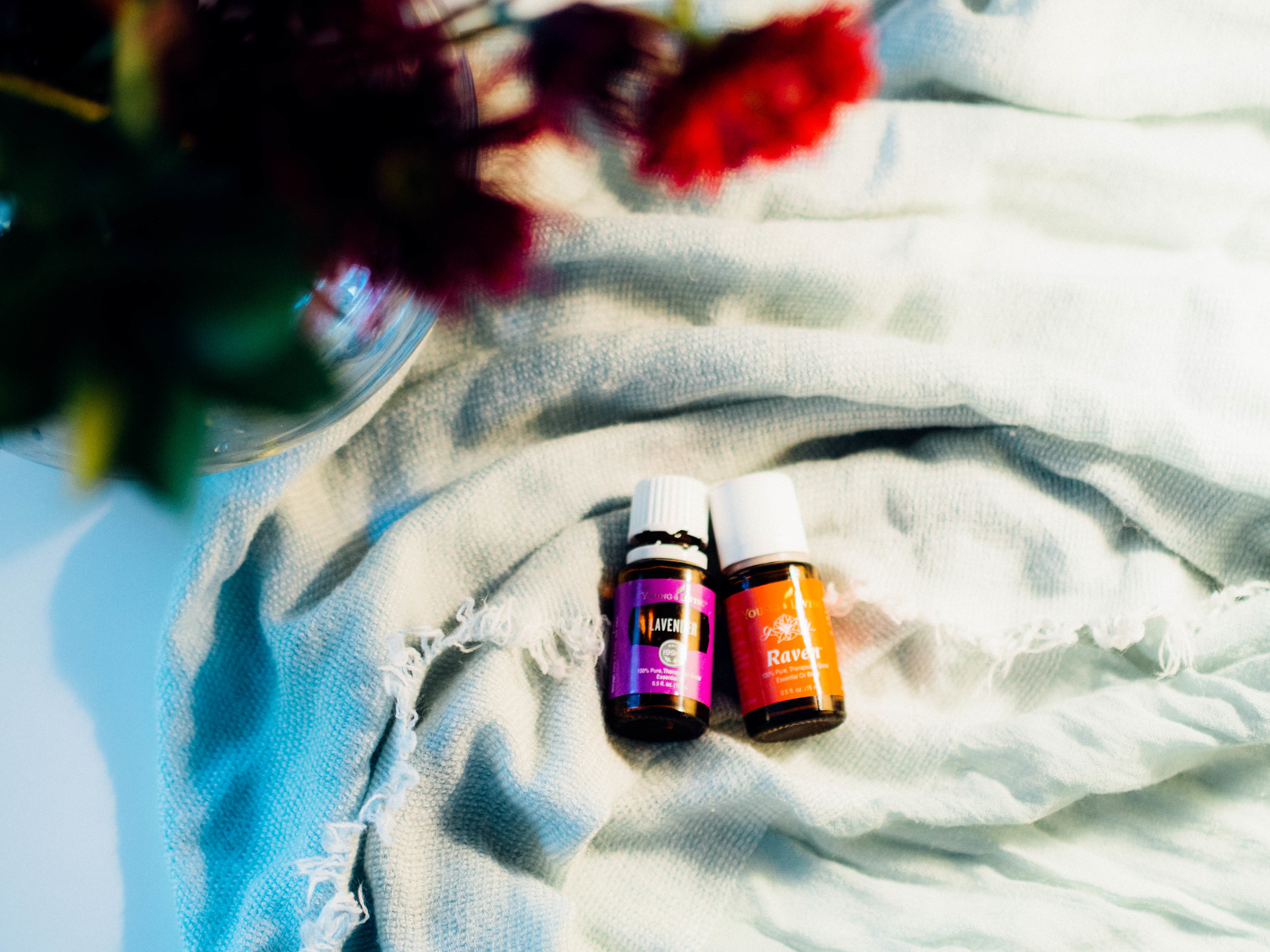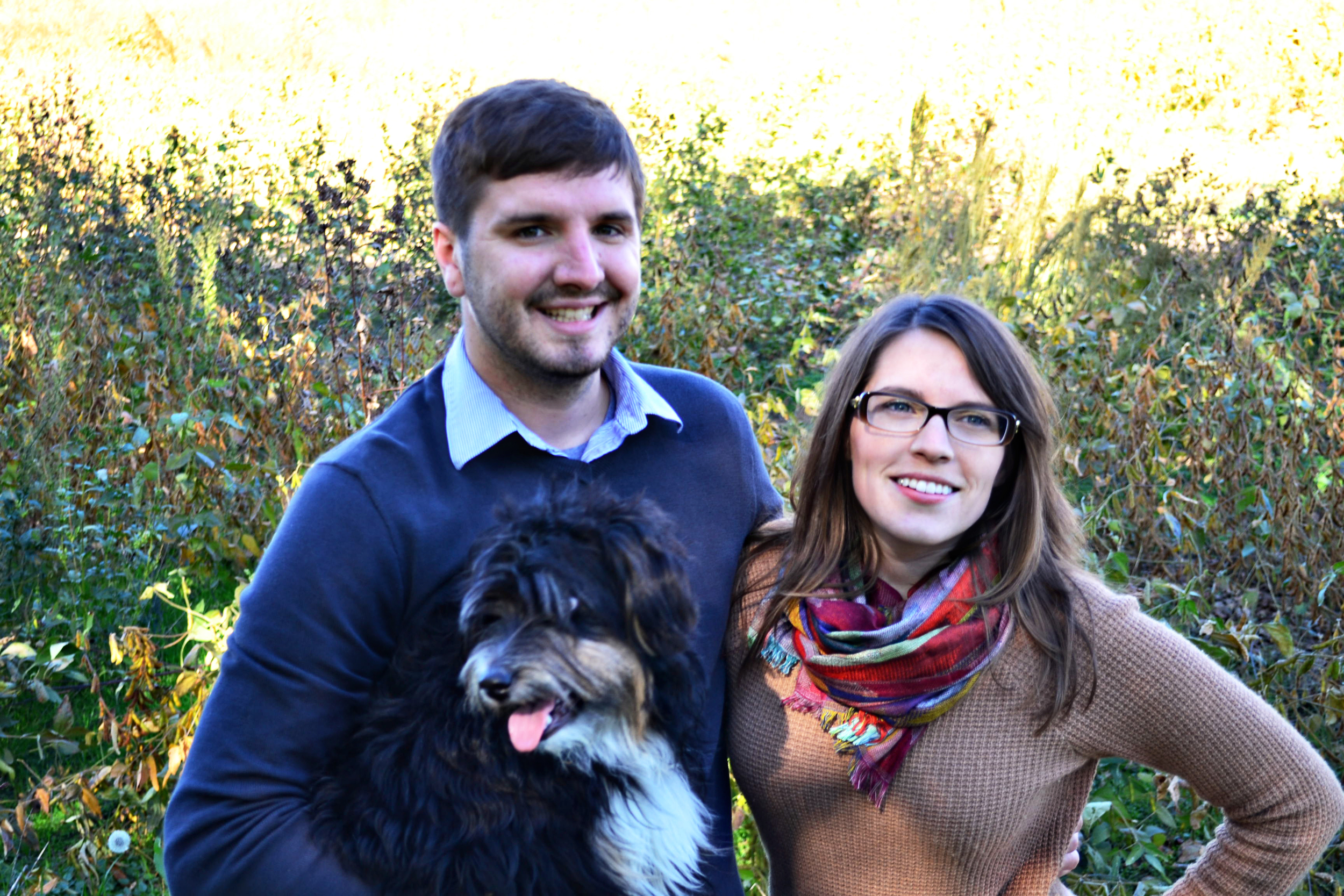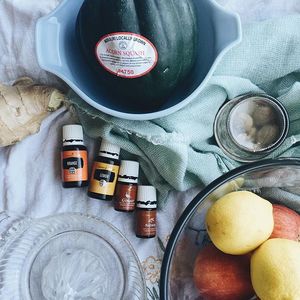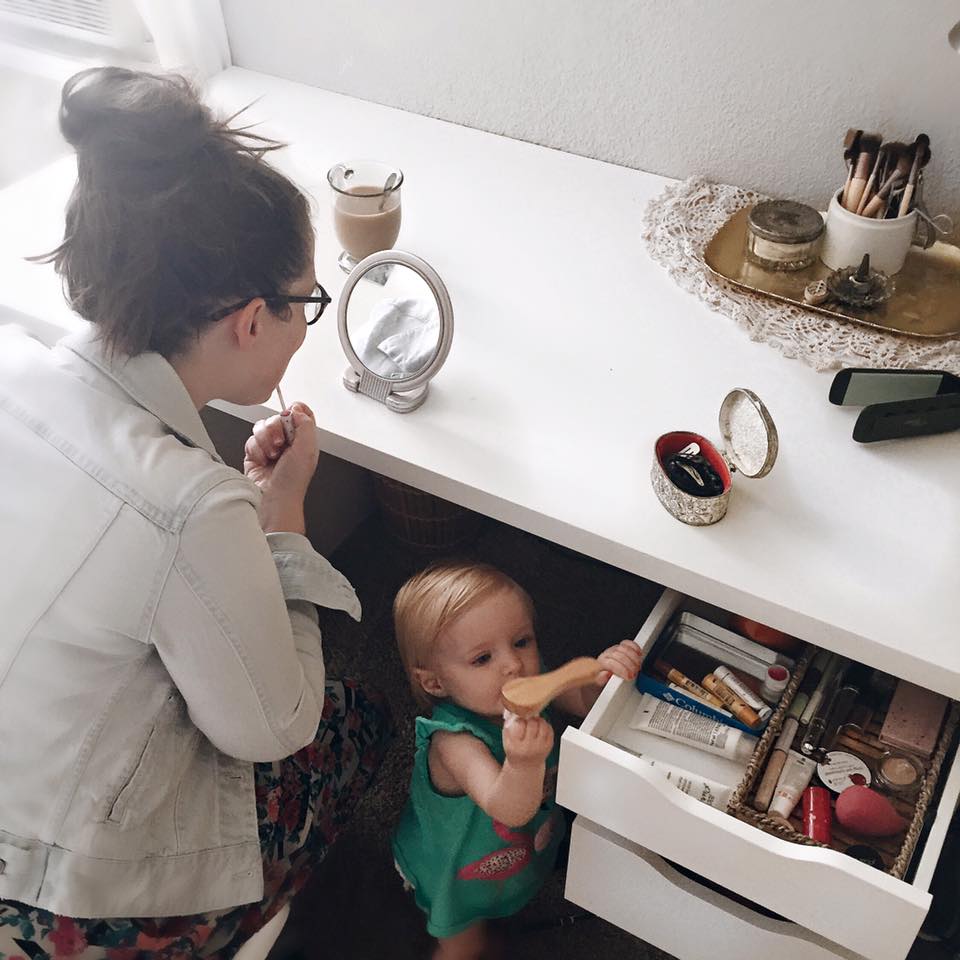Background Separation
Clutter is not just the enemy of tidy folks. It’s the enemy of photographers. Clutter is stuff in your image that is distracting from your subject. Always check your frame for things peaking into your photo!
Now, when we’re taking photos of our messy-yet-beautiful life, we want to ensure that the thing that caught our eye, and inspired us to take the photo in the first place, is standing out. That it’s not getting lost in the clutter around it. Not always easy to do. But one really handy way to do that is what is known as background separation.
We want to separate our subject from the background so they stand out!
Low Aperture - A shallow depth of field helps separate Max from the foreground and background of the scene.
Subject-Background Distance - In general, the more distance you put between your subject and your background, the more separate they'll look.
Camera to Subject Distance - The closer you can get your camera to your subject, the greater the separation between your subject and the background.
Focal Length - A focal length of 200mm not only lets us get closer to our subject than would be possible (without getting run over by traffic, at least!), it helps create greater separation between our cute subject and a busy background.
Facetune - Mobile photography is a little bit limited on how much "bokah" you can capture. To create the illustion of a shallow depth of field you can use facetune to blur your photos background and sharpen your subject. The small effort can make your images look tack sharp!
Directing Attention
There are several ways you can create attention to your subject. Click through each slide to learn more about ways to make your subject shine in your photographs.
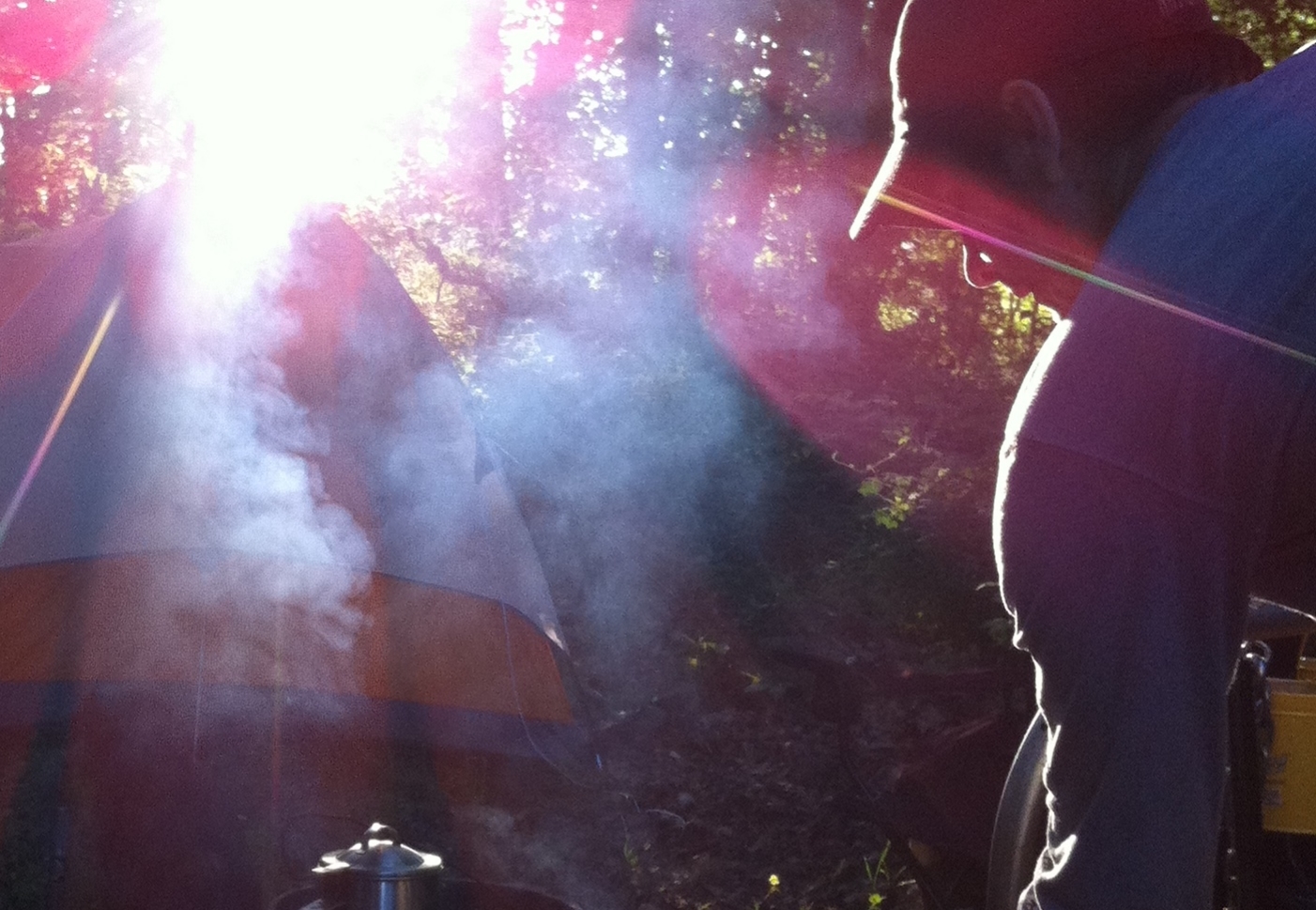
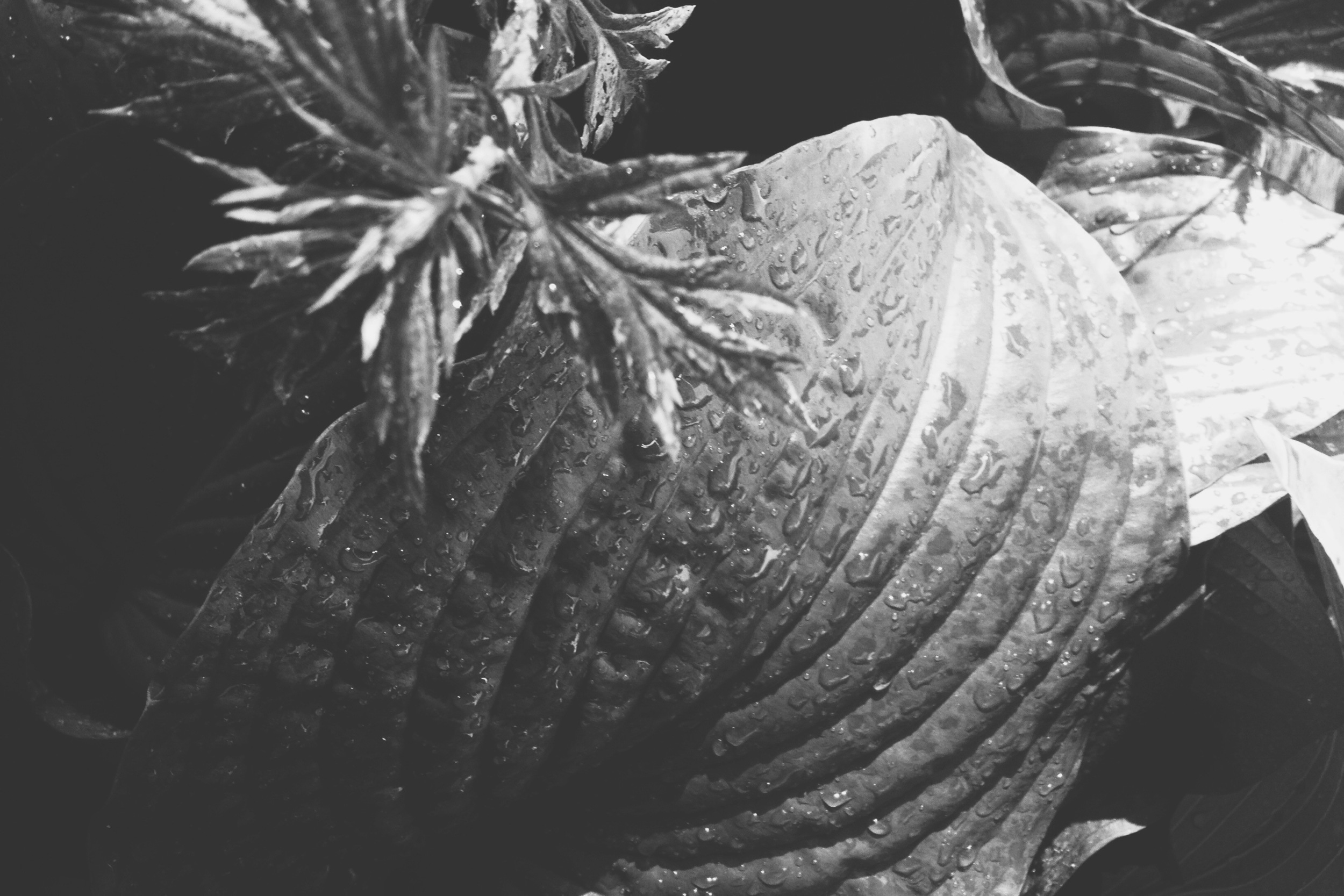



ASSIGNMENT
1. Experiment with composition and depth of field. Be intentional about what is in your images frame.
2. Take at least 50 pictures and select your favorite three to share in our group.
“A good photograph is one that communicates a fact, touches the heart, and leaves the viewer a changed person for having seen it.”


